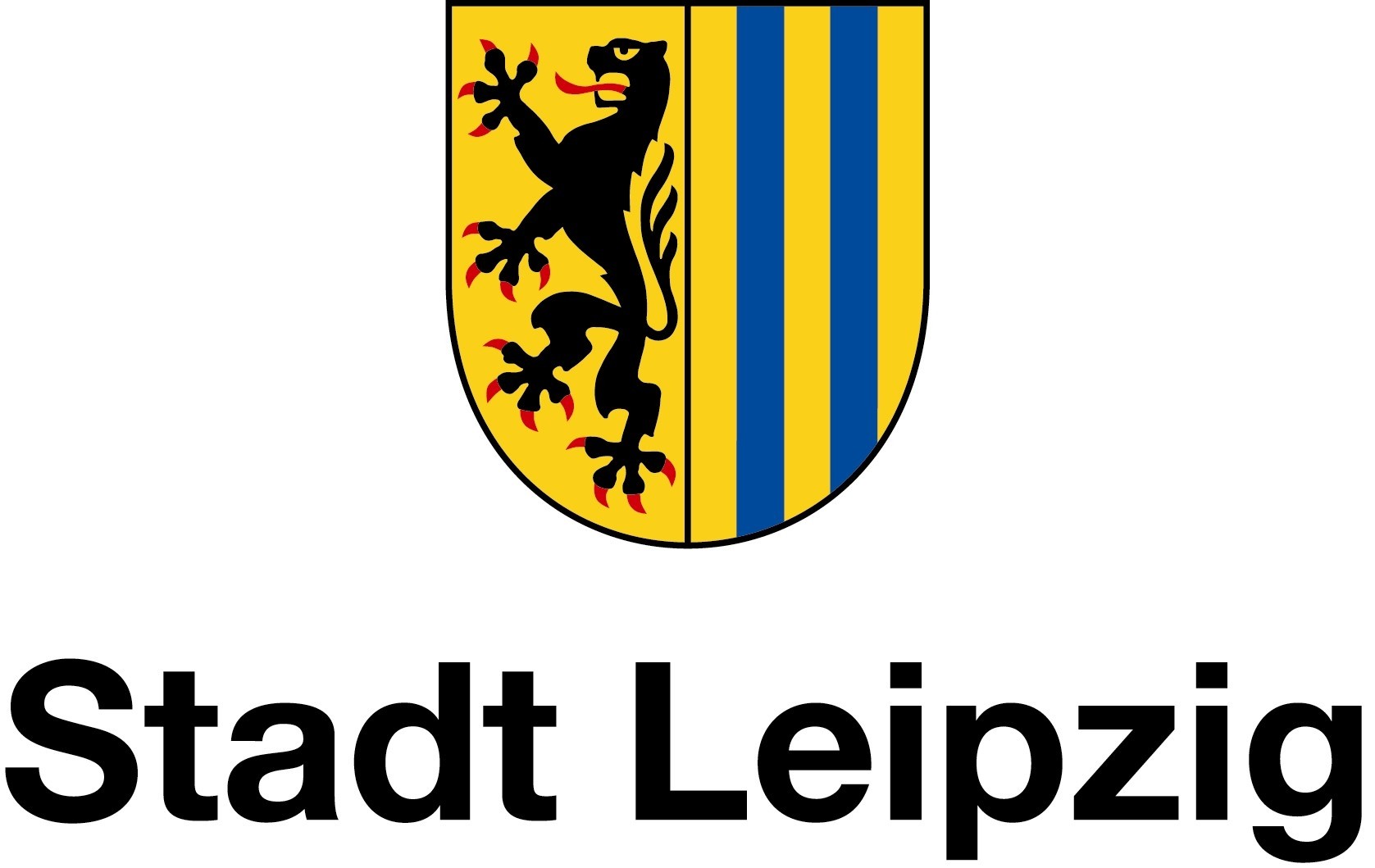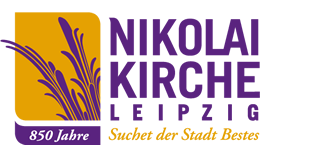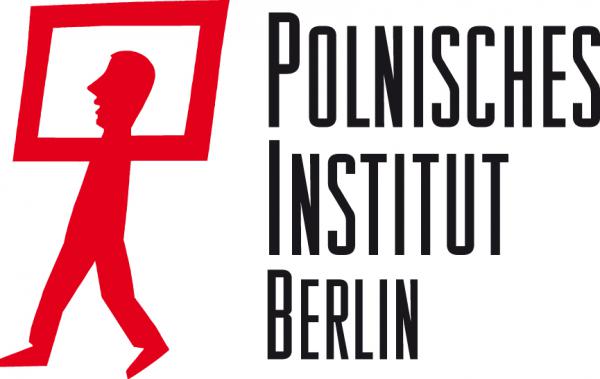 The year 1989 became a turning point in the history of Europe. Communist regimes in Central and Eastern Europe began to falter, Hungary opened its border with Austria, Poland held its first semifree parliamentary elections, many East German refugees in Prague and Warsaw speeded up the changes in East Germany, and then the Berlin Wall fell. This departure allowed for a new beginning of Polish-German relations.
The year 1989 became a turning point in the history of Europe. Communist regimes in Central and Eastern Europe began to falter, Hungary opened its border with Austria, Poland held its first semifree parliamentary elections, many East German refugees in Prague and Warsaw speeded up the changes in East Germany, and then the Berlin Wall fell. This departure allowed for a new beginning of Polish-German relations.
In November 1989, Chancellor Helmut Kohl visited Poland and met with the first non-communist Prime Minister of Poland, Tadeusz Mazowiecki. Their embrace during the service in Krzyżowa in Lower Silesia went down in history as a symbol of Polish-German reconciliation.
Today, 30 years later, we would like to recall this history and ask what it means for us. Is reconciliation between Germans and Poles still an issue? How well have we managed to use the last 30 years to create a friendly coexistence between a free Poland and a united Germany? What are the challenges facing the German-Polish neighbourhood today? These and other questions will be answered by the participants of the meeting.
Date, place
June 3, 2019, 17:00 - Nikolaikirche, 18:30 - Zeithistorisches Forum Leipzig
Programme
17.00 Nikolaikirche - Prayer for Peace
Welcome, Caspar von Moltke.
A statement by Stephan Bickhardt
18.30 Zeithistorisches Forum Leipzig /Contemporary History Forum - lecture and discussion
Welcome - Dr. Jürgen Reiche, Director of the Forum for Contemporary History in Leipzig
A lecture: The breakthrough year 1989 - semifree elections in Poland and a Polish-German new beginning in Krzyżowa. Facts, significance, heritage - Dr. Robert Żurek, Managing Director of the Krzyżowa Foundation for Mutual Understanding in Europe
Panel discussion - Nina Lüders (Managing Director of Kreisau Initiative e. V.), Dr. Urszula Pekala ( The Leibnitz Institute in Mainz), Dr. Robert Żurek (Managing Director of the Krzyżowa Foundation for Mutual Understanding in Europe).
Moderation: Bernd Karwen (Polish Institute Berlin - Leipzig Branch).









